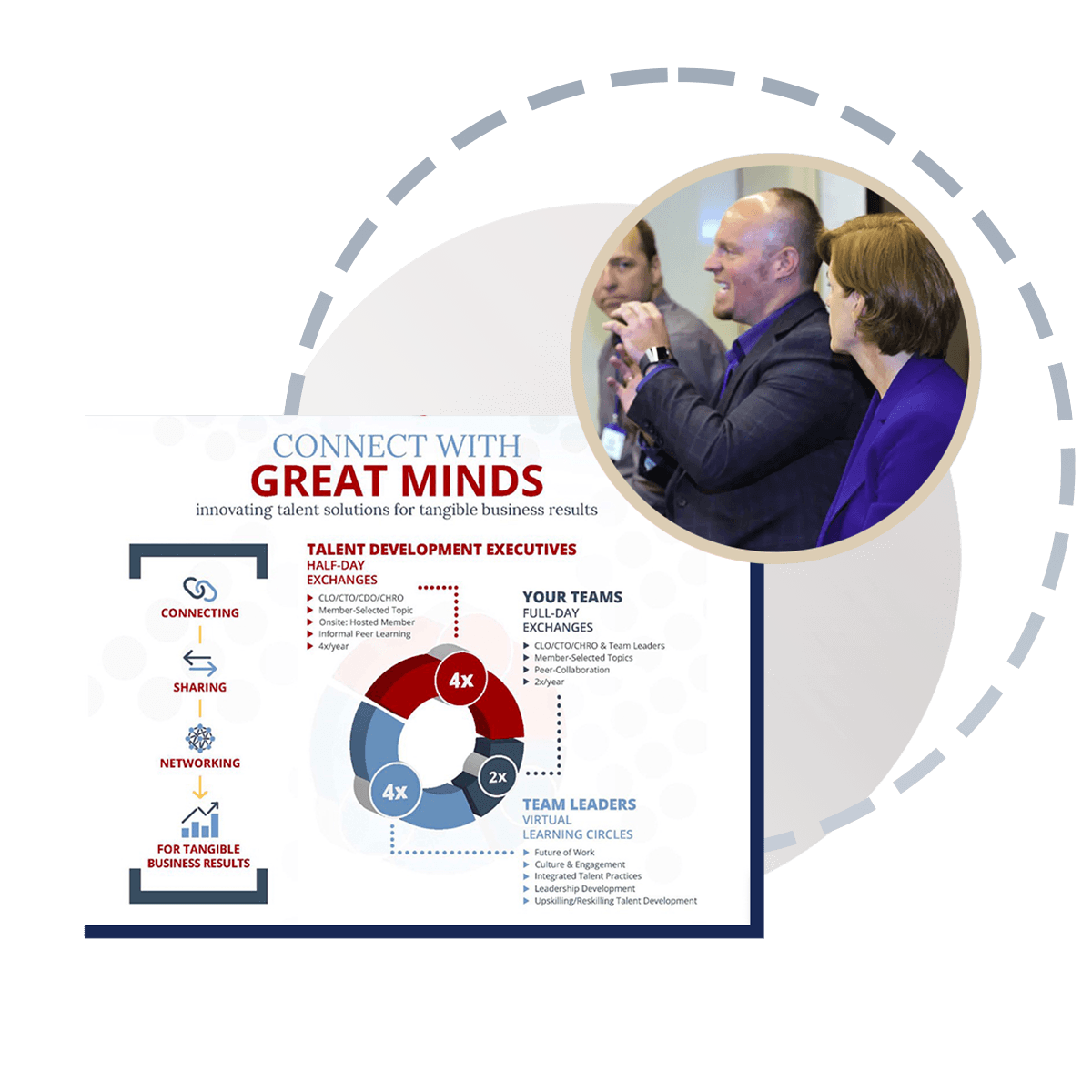This keynote provided a thought-provoking perspective on building change resilience in teams and organizations. Mike Grubich argued that while processes and tools are essential, lasting resilience requires tapping into the underlying cognitive and psychological factors.
Three Key Takeaways:
- Understanding Physiological Experiences: Developing change resilience requires a deep understanding of the physiological experiences that shape people's beliefs and mindsets around change. These experiences significantly influence how individuals perceive and respond to change.
- Focused Practice and Personal Ownership: Shifting ingrained narratives and expectations, coupled with fostering personal ownership, is crucial for hardwiring new habits around resilience. Focused practice helps individuals internalize new behaviors and adapt more effectively to change.
- Leadership's Role in Change: Leaders play a pivotal role in helping people understand their part in the change process and how their experiences are fundamentally shifting. By directly addressing these aspects, leaders can guide their teams through transitions more effectively.
"Change resilience comes from the experiences that shape our beliefs and behaviors." -- Michael Grubich
Rather than just deploying change management techniques, this keynote emphasized the need to create opportunities for meaningful experiences that can start reshaping beliefs at a deeper level. From there, new behaviors and resilient habits can take root through repetition and buy-in.
By making change more than just a process, but an identity shift flowing from personalised experiences, organizations can better navigate the increasing change fatigue and lack of emotional commitment highlighted in workforce trends today.
